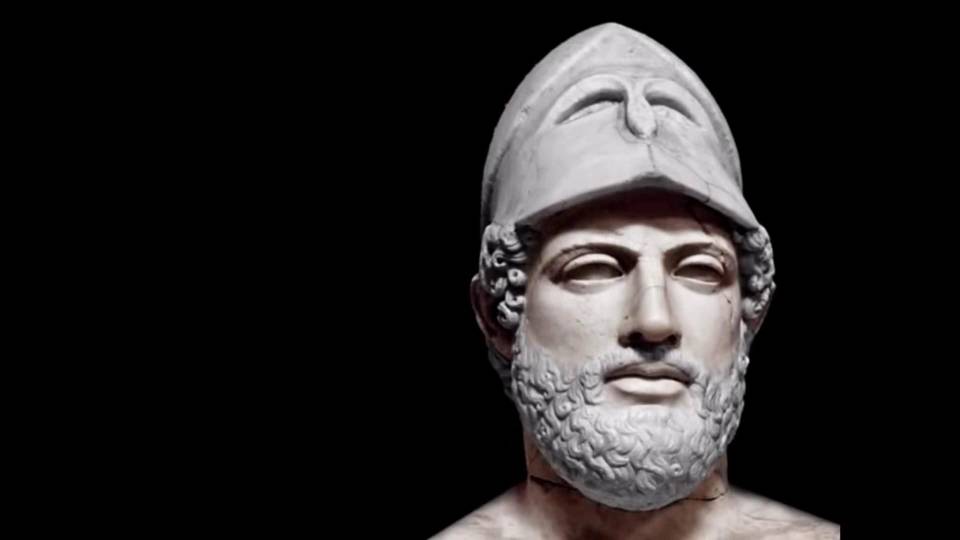Ancient Athens: A Spirited and Nativist Democracy
Guillaume Durocher, The Occidental Observer, 1 June 2018
The Persian Empire was driven by a certain logic, certain feedback loops pertaining to domestic conditions and foreign relations, which led to that great state’s steady expansion.[1] The waves of this expansion were finally dashed on the rocks of Greek freedom, embodied in the city-states of Athens and Sparta. Athens and Sparta themselves were each driven by their own logic, their own virtuous circles of power, which defeated the Persian logic in Europe. If Persian power was that of a multinational military monarchy, a culture of empire, Greek power was that of patriotic, fractious little republics, defined by civic freedom.
The particular form of civic freedom and the virtuous circle of power at Sparta were very different however than those at Athens. At Sparta, a rigorous communitarian discipline was maintained by the demands of lordship, the need for the society to be constantly militarily organized to guard against the threat of rebellion by the enslaved Helots. The result was centuries of stability and regional power. At Athens, the virtuous circle of international trade and naval power led to rapid and constant demographic and imperial expansion, resulting in a short-lived empire which almost achieved hegemony in the eastern Mediterranean. Athens also underwent a stunningly creative artistic and philosophical flourishing with few rivals in all human history.
Athens and Sparta seem to embody a recurring dialectic in Western history: between sea-power, commerce, democracy, individualism, and technology on the one hand, and land-power, autarky, hierarchy, community, and discipline on the other.
The verdict of the philosophers and men of the Right has generally been harsh towards Athens: a regime characterized by excessive democracy, individualism, and belly-chasing. Nonetheless, the fact is that Athens was a uniquely dynamic and powerful state, and one which even as a democracy still embodied or honored many wider Hellenic virtues. The political works of Athens’ great lawgivers and statesmen, such as Solon, Cleisthenes, and Pericles, are not without ethnopolitical content. Athenian democracy was founded on family, patriarchy, community, military courage, ancestry, and an intense patriotism. One scholar as gone so far as to argue that the role of ancestry was so pronounced that Athenian democracy was based on an early notion of “racial citizenship.”[2]
Please read the entire essay at The Occidental Observer.






















